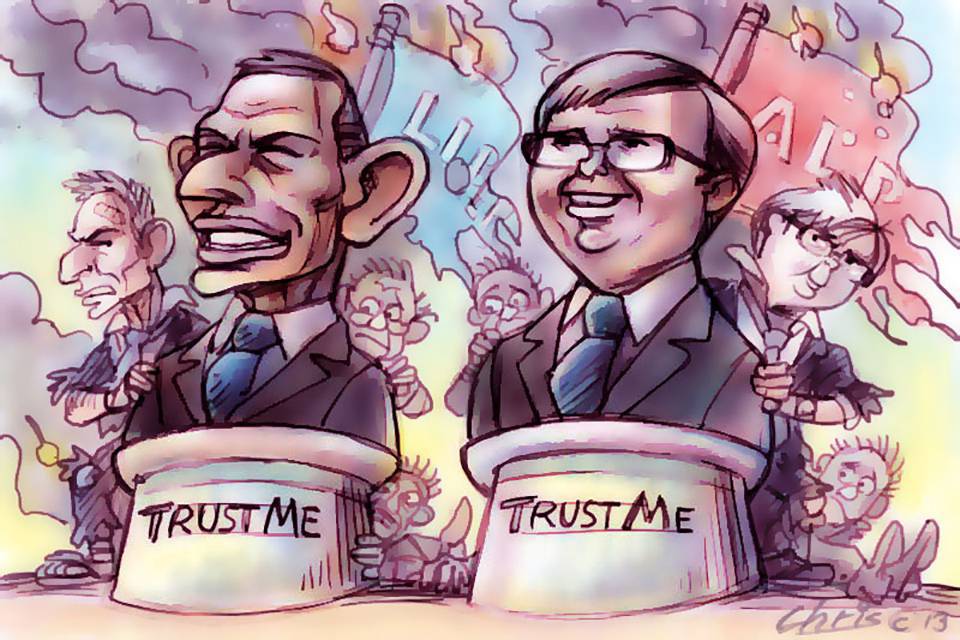Top leaders of Nepal's ruling coalition meet to discuss govt formation as alliance bags 90 seats out of 165 under direct voting

- Country:
- Nepal
The top leaders of Nepal's five-party ruling coalition on Monday met at Prime Minister Sher Bahadur Deuba's official residence here to review the general elections and discussed the formation of a new government.
Nepali Congress chief Deuba, senior leader Ram Chandra Paudel, vice-president Purna Bahadur Khadka, CPN (Maoist Center) Chairman Pushpa Kamal Dahal 'Prachanda', senior vice-chairman Narayan Kaji Shrestha, CPN (Unified Socialist) chair Madhav Nepal and Rastriya Janamorcha vice-chairperson Durga Paudel were among those who attended the meeting held at Baluwatar.
The five-party coalition has won 90 House of Representatives (HoR) seats out of 165 under the first-past-the-post (FPTP) electoral system.
During the joint meeting, the top leaders of the ruling alliance expressed the view that the election results have re-confirmed the need and relevance of the alliance.
In a joint statement issued after the meeting, the coalition leaders said that the results have pointed at the need for moving ahead forging mutual understanding and cooperation.
''It is necessary to continue the present coalition to face the challenges before the country,'' said the statement.
It was the first joint meeting of the ruling alliance after the recent elections.
Senior NC leader and former deputy prime minister Prakash Man Singh told PTI that the meeting mainly dwelt on issues relating to power-sharing and formation of the government.
Prime Minister Deuba's Nepali Congress (NC) has emerged as the single largest party by winning 57 seats as the counting of votes under the direct system concluded on Monday. The CPN (Maoist Centre) has won 18 seats, CPN (Unified Socialist) 10, Loktantrik Samajwadi Party (LSP) 4 and Rastriya Janamorcha one.
Elections to the House of Representatives (HoR) and seven provincial assemblies were held on November 20 to end the prolonged political instability that has plagued the Himalayan nation. The counting of votes started a day later.
In the 275-member HoR, 165 will be elected through direct voting, while the remaining 110 will be elected through a proportional electoral system. A party or a coalition needs 138 seats for a clear majority.
According to Nepal's Election Commission, the opposition Communist Party of Nepal (Unified Marxist–Leninist) (CPN-UML) has bagged 44 seats. The Rastriya Swatantra Party (RSP), the Rastriya Prajatantra Party (RPP) and the Janata Samajwadi Party (JSP) have won seven seats each. The Loktantrik Samajwadi Party and Nagarik Unmukti Party have won 4 and 3 seats respectively, it said.
Nepal Workers and Peasants Party and Janamat Party have won one seat each. The independent candidates have won five seats, it added.
Meanwhile, the vote counting under the proportionate voting system for two constituencies is still going on, the official said.
Under the proportionate voting system, the CPN-UML has bagged the highest number of votes 27,91,734, followed by the Nepali Congress with 26,66,262.
The CPN-MC and RSP have received 11,62,931 and 11,24,557 votes respectively. Similarly, RPP, JSP and Janamat have received 5,86,979 votes, 4,20,946 votes and 3,94,253 votes respectively.
So far, 12 political parties and five independent candidates have been elected to the HoR. Similarly, seven political parties, NC, CPN-UML, CPN-MC, RSP, RPP, JSP and Janamat, have got the recognition of a national party.
The HoR seats under the proportional voting system will be determined on the basis of the weightage of votes received by political parties under the proportionate voting system.
Under a proportional voting system, the CPN-UML is likely to get 33 seats followed by the Nepali Congress with 32 and CPN-MC with 14. The RSP, RPP, JSP and Janamat are likely to get 14, seven, five, and five seats respectively.
With this, the Nepali Congress emerged as the largest party with 89 seats in the HoR followed by CPN-UML with 77 seats. CPN-MC will get the third position with 32 seats, while RSP will be fourth with 21 seats and RPP fifth with 14 seats.
After the seat allocation under proportionate voting, the strength of the ruling alliance is likely to reach 136, which is two seats short of simple majority required to form a government. Thus, support from independent candidates or from other smaller parties will be essential to form the new government under the leadership of the ruling alliance.
Political instability has been a recurrent feature of Nepal's Parliament since the end of the decade-long Maoist insurgency, and no prime minister has served a full term after the civil war ended in 2006.
The frequent changes and fighting among parties have been blamed for the country's slow economic growth.
The next government will face challenges of keeping a stable political administration, reviving the tourism industry and balancing ties with neighbours - China and India.
(This story has not been edited by Devdiscourse staff and is auto-generated from a syndicated feed.)
- READ MORE ON:
- India
- China
- Communist Party
- Loktantrik Samajwadi Party
- House of Representatives
- Prachanda
- Prakash Man Singh
- Rastriya Prajatantra Party
- Maoist Centre
- Marxist
- Purna Bahadur Khadka
- Madhav Nepal
- Janata Samajwadi Party
- Sher Bahadur Deuba
- CPN-MC
- Nepali Congress (NC
- Rastriya Janamorcha
- Himalayan
- Pushpa Kamal Dahal
- Deuba










